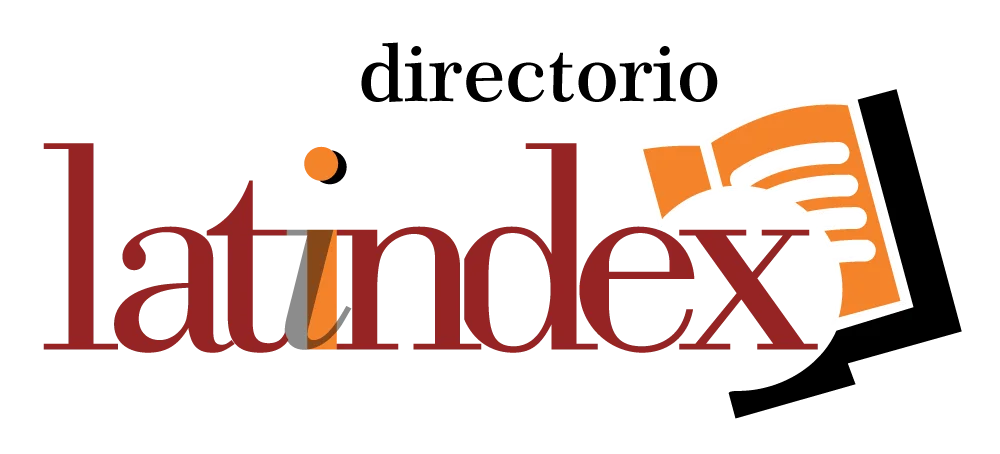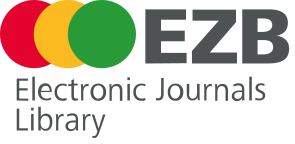Technological innovation in the intervention of Autism Spectrum Disorder
DOI:
https://doi.org/10.56294/neuro202358Keywords:
ASD, ICT, intervention, inclusion, KanbanAbstract
Introduction: Autism Spectrum Disorder (ASD) emerged as one of the most relevant challenges in child and adolescent mental health, due to its implications in communication, social interaction and the presence of repetitive behaviors. From early stages, its symptoms were masked in many cases until social demands overcame compensatory strategies. Faced with this reality, Decree 777/2019 of the Ministry of Health and Social Development proposed an approach based on individualization, structuring of the environment, intensity of interventions and family participation.
Development: The analysis carried out highlighted that the application of these principles was fundamental to guarantee effective treatments.The literature reviewed highlighted that early detection and systematic practices facilitated the acquisition and maintenance of skills. The active role of the family in the therapeutic process was also valued. In parallel, it was observed that Information and Communication Technologies (ICT) offered versatile tools for learning and inclusion. Web applications based on architectures such as MVC and languages such as JavaScript or PHP, together with MySQL databases, favored the design of dynamic and accessible environments. However, the existing market showed limitations, especially in the absence of crisis registers and access restricted by subscriptions. In this context, the agile Kanban approach provided management strategies that optimized the development of technological solutions.
Conclusions: The study evidenced that the combination of sound therapeutic foundations and the use of ICT constituted a promising avenue for creating innovative tools. These applications not only supported learning, but also represented instruments of social inclusion, capable of responding comprehensively to the needs of people with ASD and providing sustainable support to their families.
References
Camarena Sagredo JG, Trueba Espinosa A, Martínez Reyes M, López. Trastornos del espectro autista: una visión desde la neurociencia cognitiva [Internet]. Universidad Autónoma del Estado de México; 2012 feb [citado 26 ago 2025]. Disponible en: https://www.redalyc.org/pdf/104/10423895005.pdf
Argentina. Decreto 777/2019 [Internet]. 2019 nov 19 [citado 26 ago 2025]. Disponible en: https://www.argentina.gob.ar/normativa/nacional/decreto-777-2019-331886/texto
Gauchat JD. El gran libro de HTML5, CSS3 y Javascript. Barcelona: Marcombo; 2012. ISBN: 978-84-267-1782-5.
Rumbaugh J, Jacobson I, Booch G. El lenguaje unificado de modelado: manual de referencia. Madrid: Pearson; 2007.
López Mora S. Programación de aplicaciones web. Alicante, España: Editorial Club Universitario; 2002. ISBN: 84-8454-206-8.
Muñoz EJ, Contreras R. Base de datos. Buenos Aires: Alfaomega; 2012.
Published
Issue
Section
License
Copyright (c) 2023 Juan Emanuel Ojeda (Author)

This work is licensed under a Creative Commons Attribution 4.0 International License.
The article is distributed under the Creative Commons Attribution 4.0 License. Unless otherwise stated, associated published material is distributed under the same licence.






